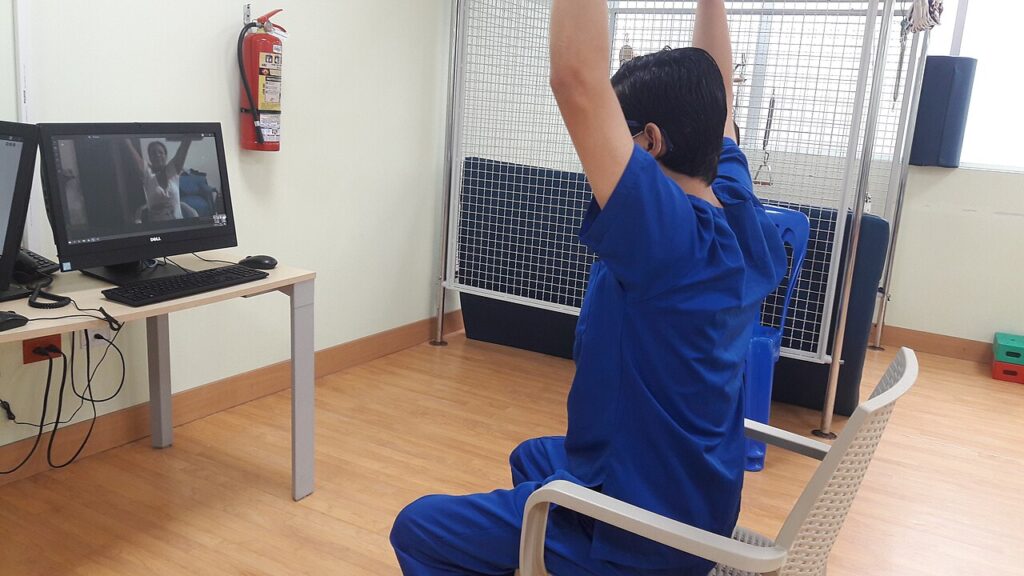Telemedicine is changing the way we approach rehabilitation. It’s like taking a headache Dundalk, a small town known for its healthcare services, and expanding that reach across the globe. This guide is for specialists, and it’s all about using telemedicine in rehabilitation. It’s not just about the technology, but also about how we can use it to improve patient outcomes. It’s about bringing the best of Dundalk to everyone, no matter where they live.
Understanding Telemedicine
Telemedicine is the use of technology to provide healthcare services remotely. We see this as a tool, a bridge to reach patients far and wide.
Benefits in Rehabilitation
For rehabilitation, telemedicine has several benefits. It reduces travel time, extends our reach, and allows for closer monitoring of patients. Remember, less travel means fewer barriers to treatment.
Implementation: A Three-Step Approach
How do we implement telemedicine in rehabilitation? We can break it down into three steps.
- Evaluate your current setup: Understand what you have and what you need.
- Choose the technology: Select what fits your needs and budget.
- Train your staff: Make sure everyone knows how to use the technology.
Comparing Telemedicine Platforms
Here is a comparison of three popular telemedicine platforms.
| PLATFORM | COST | FEATURES | SUPPORT |
|---|---|---|---|
| TeleMed1 | Low | Basic | Good |
| TeleMed2 | Medium | Advanced | Excellent |
| TeleMed3 | High | Comprehensive | Outstanding |
Final Thoughts
Telemedicine is a powerful tool in rehabilitation. It’s about using technology to improve patient care. It’s about removing barriers. It’s about making healthcare accessible to all. Like the healthcare services of headache Dundalk, it’s about reaching everyone, everywhere.

